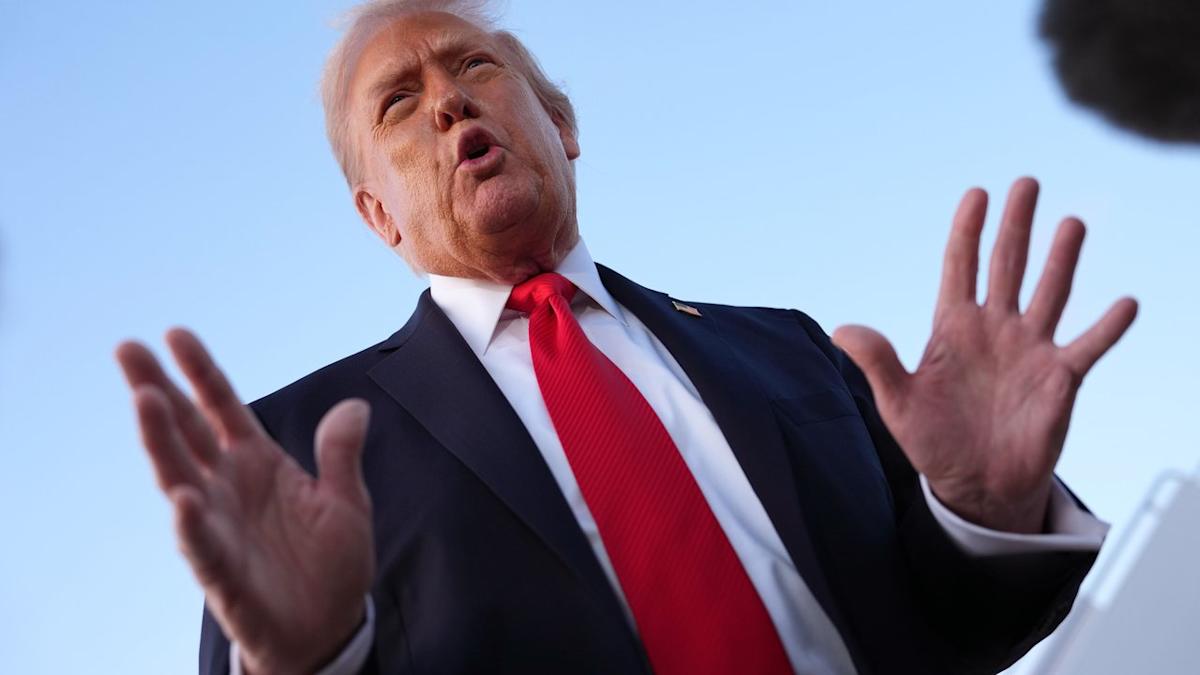The White House stands by H1-B visa changes and abrupt rollout
The White House defended the rollout of its new H1-B visa changes on Monday, which raised alarm in corporate America over its abruptness.
On Friday afternoon, President Donald Trump signed a proclamation to overhaul H-1B visas, a visa granted to skilled foreign professionals allowing them to temporarily work in the U.S. A one-time, $100,000 fee was added in the most significant change to the program, an enormous increase from the several thousand dollars it once was before the price took effect Sunday.
Despite the early chaos, the White House isn’t backing down from the H1-B visa changes.
“President Trump promised to put American workers first, and this commonsense action does just that by discouraging companies from spamming the system and driving down American wages,” White House spokesperson Taylor Rogers said in a statement. “It also gives certainty to American businesses who actually want to bring high-skilled workers to our great country but have been trampled on by abuses of the system.”
The White House blamed the media and corporate lawyers for stoking “chaos and confusion” about the changes.
However, many firms particularly in the tech sector were caught off guard. They spent the weekend scrambling to ensure the change didn’t leave foreign-born employees or others traveling stuck paying a hefty charge to regain entry into the U.S, per the Wall Street Journal.
The White House clarified the changes on Saturday, noting the fee would be collected only once. It was also limited to new petitions and current visa holders are not subject to the $100,000 fee or other new restrictions affecting their status.
Experts do believe there is space for reform in the program given it hasn’t received a major update in years.
“The H-1B program is outdated & fails businesses and workers—US- & foreign-born alike,” director of social policy at the centrist Third Way think tank, said in a social media post . “But instead of a scalpel, they keep swinging a chainsaw.”
The change is likely to face a legal challenge since Congress has jurisdiction over changes to immigration policy. Allison Kranz, an immigration lawyer, said there’s plenty of uncertainty around how federal agencies like U.S. Citizenship and Immigration Services will carry out the proclamation.
In particular, she noted that the directive allowed exceptions to the steep one-time fee in “the national interest” but that criteria was not clearly defined.
The H1-B visa has been a frequent target of immigration hardliners, who view it as a pipeline for cheaper labor to enter the U.S. and displace American workers. H1-B visa holders can eventually qualify for a green card under the program, established by Congress in 1990.



Leave a Comment
Your email address will not be published. Required fields are marked *